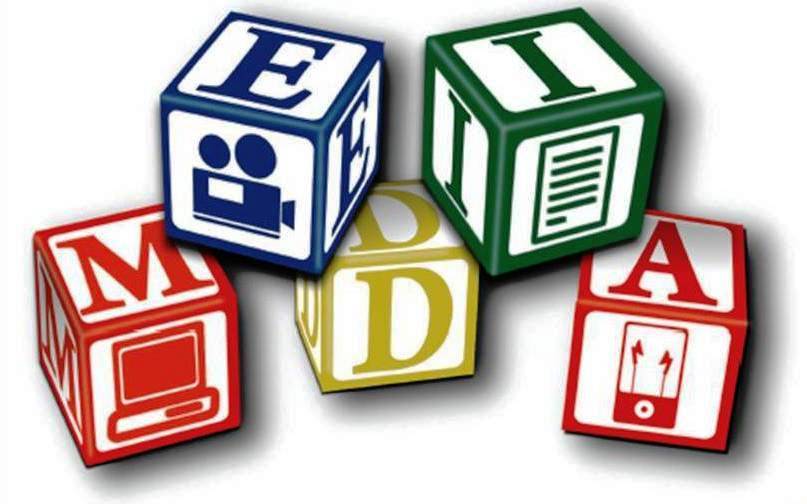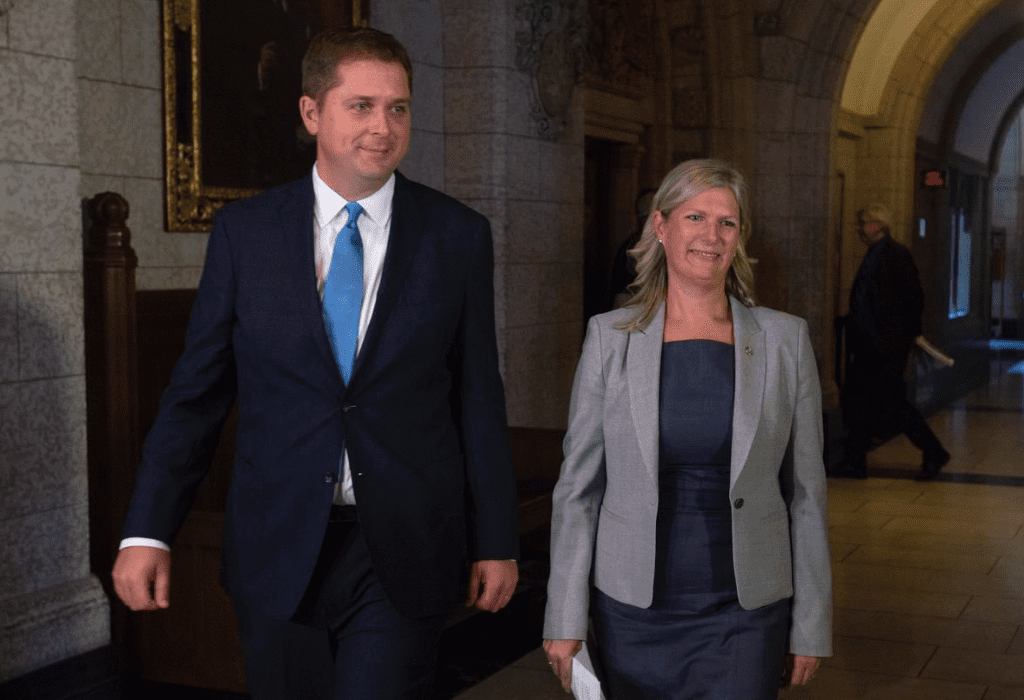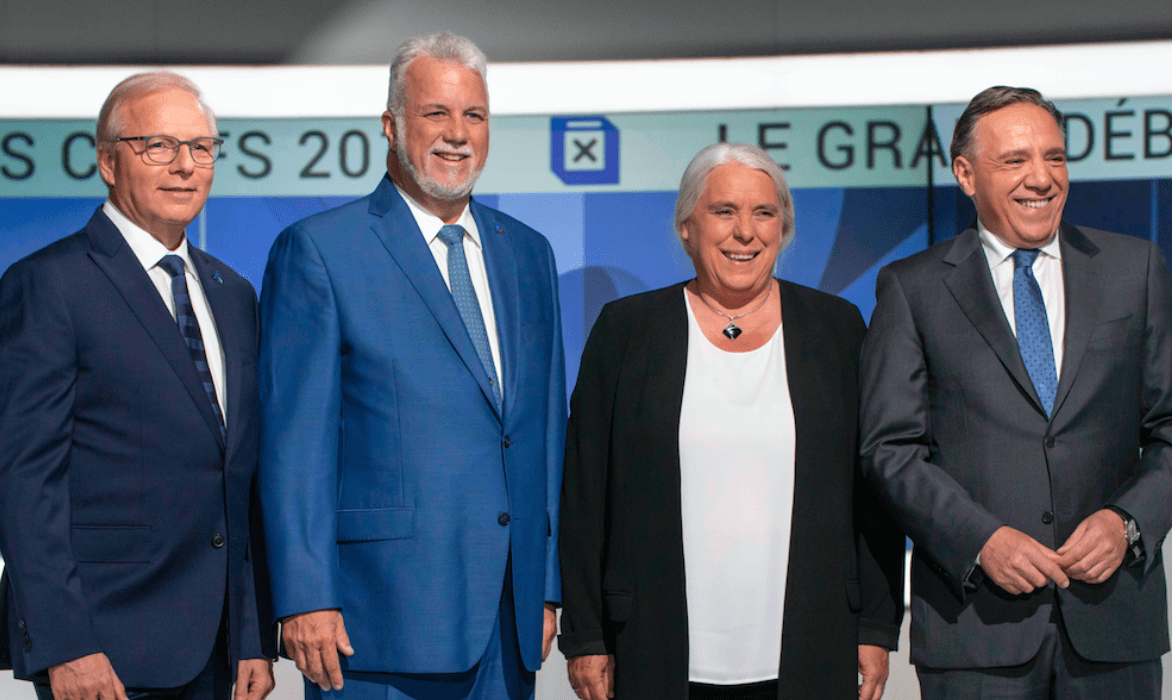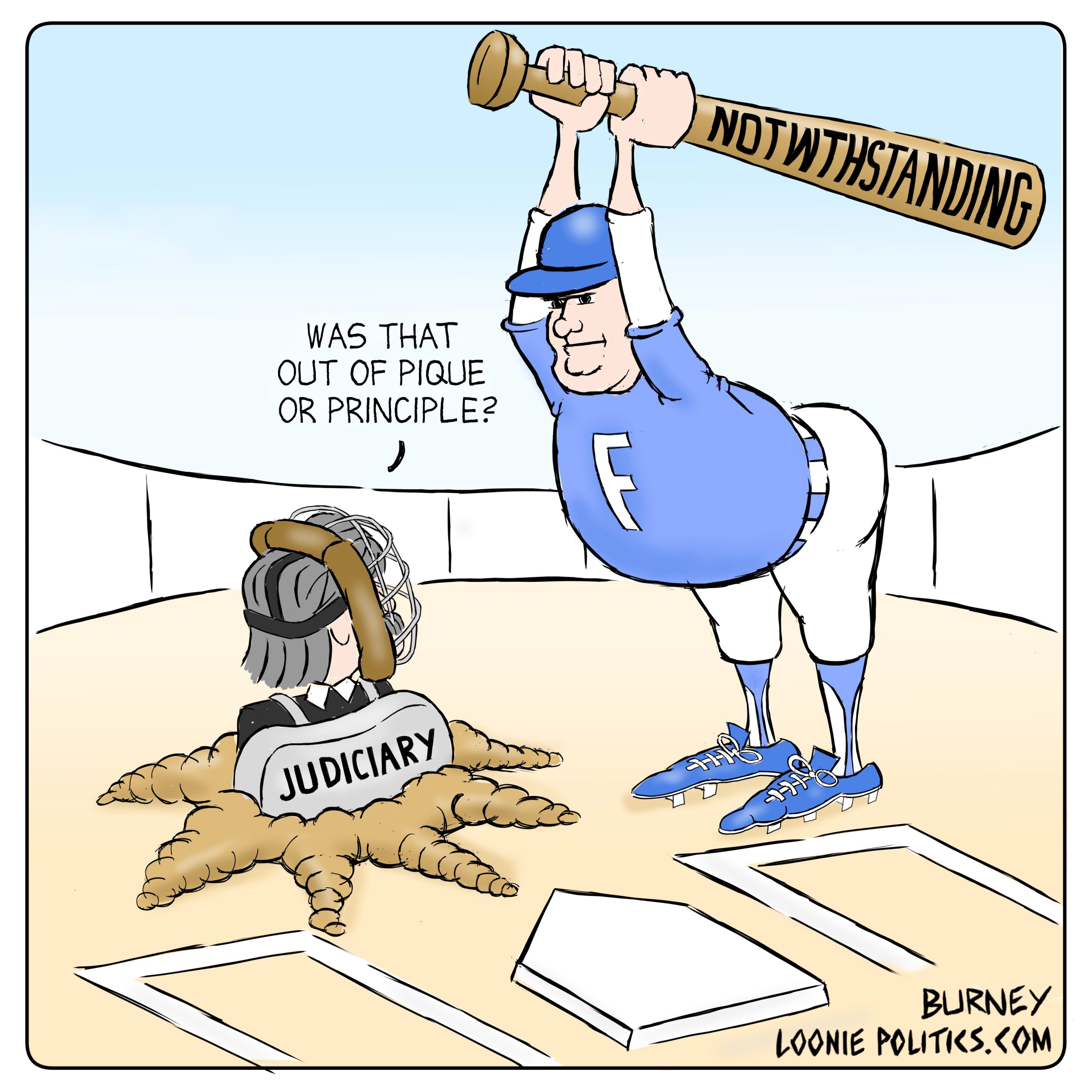Have we said recently that Un-President "Ronald Plump"'s attacks on the independent and free press are what's REALLY deplorable here? We have? Often? Despite the fact that he probably doesn't even know the Canadian media exists? Or that, on most days, he doesn't even know that Canada itself exists? Well, isn't that just like him. Rude!
Speaking of rude, who the hell gave permission for Americans like National Enquirer publisher David Pecker (tee-hee!) to come up here and start advising Postmedia on how to do whatever it is they do? True, Pecker has recently resigned, and we couldn't care less if the Post went out of business tomorrow, which is what we've been secretly hoping for ever since they went into business, so it shouldn't really matter who they have on their board since we'd hate them anyway. However, sometimes, in cases like this, you have to concern yourself with how the future of Canadian news is affected by letting Mob Boss Donny From Queens' wingman have a seat at the table.
We expect that fascist-adjacent conservative news in Canada at least maintain SOME semblance of respectability, but you have to ask if they're really trying anymore. We mean, come on. The National Enquirer? Why would Canadians read that filth when they have such nutritious news options as Hello! Canada and Chatelaine available at supermarket checkouts, to go along with their $25 Loblaws gift card? We can't even remember the last time we saw a Canadian celebrity in the National Enquirer!!
There was also the unseemly revelations of the Enquirer killing stories unfavourable to the not-President, and it quickly became obvious that not even the hacks at the failing, low-energy Notional Pest should continue stroking Pecker's….ego, after a cock-up like this. Especially after the CBC has been accused of killing stories that would have made Royal Bank look bad, or killing Linden Macintyre's last story, or trying to bury the Kokanee Grope revelations.
It's a good thing that they scratched Pecker before people started asking questions about other Canadian groups with tight links to the Americans, like the Toronto Star's cozy relationship with the New York Times, or Canada 2020, "the progressive think tank that really runs Canada", which is effectively an offshoot of the Democratic Party, or all that foreign money that flowed into the country to defeat the CPC in the 2015 election.
But screw Pecker, because just talking about how much he sucks doesn't give our homegrown Trumplings enough credit for their attempts to destroy liberal democracy. We love a good conspiracy theory just as much as anyone, but not even we can lay "HITLER HAUNTS THE NDP" at the feet of the Americans. Our right wing Canadian not-really-journalists are just as good (or just as bad?) as any bottom-feeding corporate lackey running dogs, and we'll fight anyone who says differently!
Now I hear you asking: How do we square our attacks on right wing "journalists" with our opposition to Trump's attacks on media folks? Well, you've probably already guessed the answer from our use of quotation marks around the word "journalists" when it comes to talking about them. If a so-called journalist gives comfort and aid to the wrong kind of Americans, then they must not be real journalists! How do we know? Because us real journalists report the facts, and when we say they aren't real journalists, that's a fact!
But we are nothing if not a fair #Resistance, and we just want all of the fake-news peddling right wingers to know that if they renounce their evil ways and stick to promoting the kind of viewpoints that line up with the PMO, they'll be welcomed back with open arms. Just ask Michael Coren, who's earned a complete pardon for the wacky stuff he used to say about how Danish kids being murdered was "ironic". Don't think that we won't notice if you make nicey-nice with Rebel Media afterwards, though!
You might wonder what end this endless self-policing serves, but if we didn't do it, how would the people know who their enemies really were?
Written by Josh Lieblein












